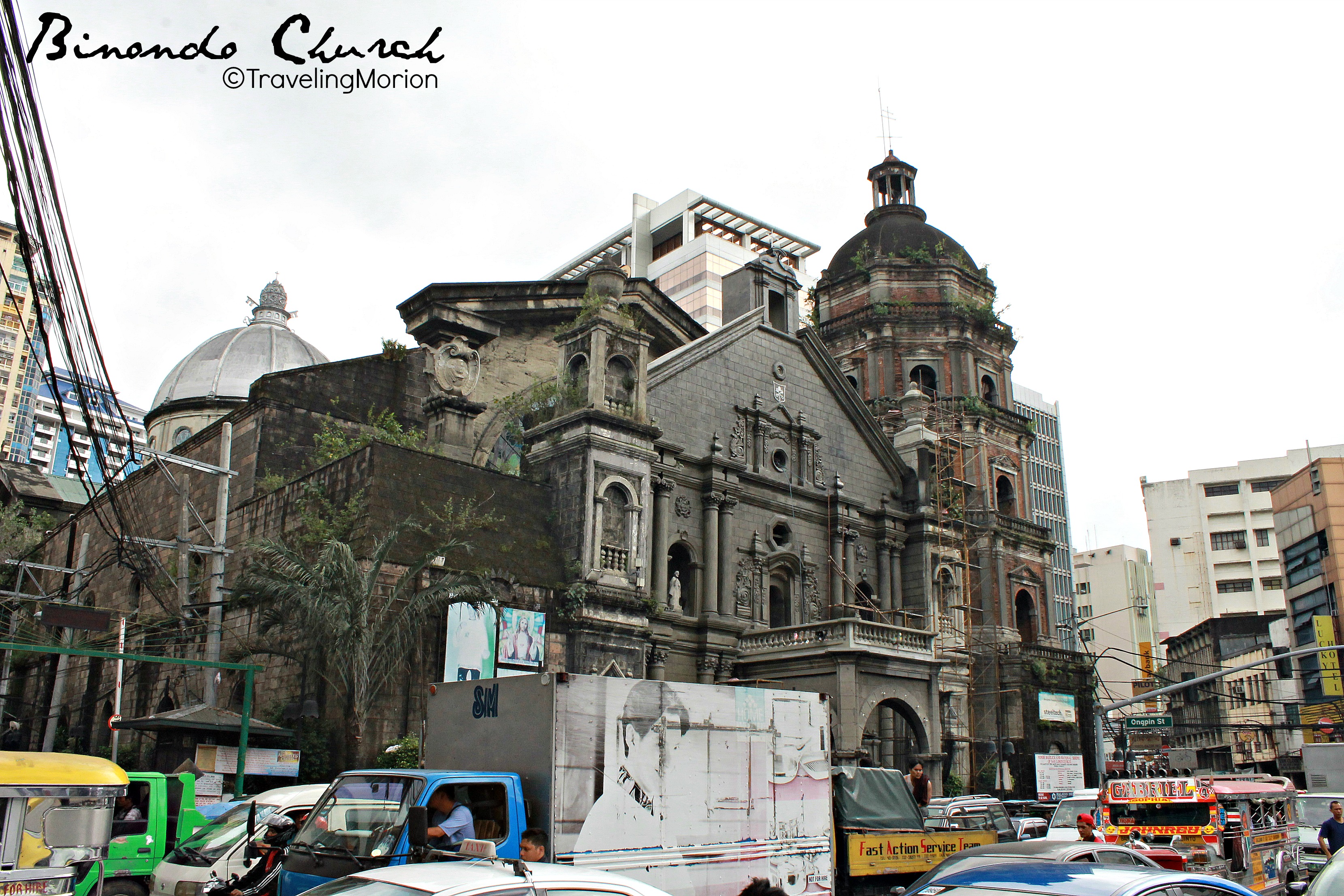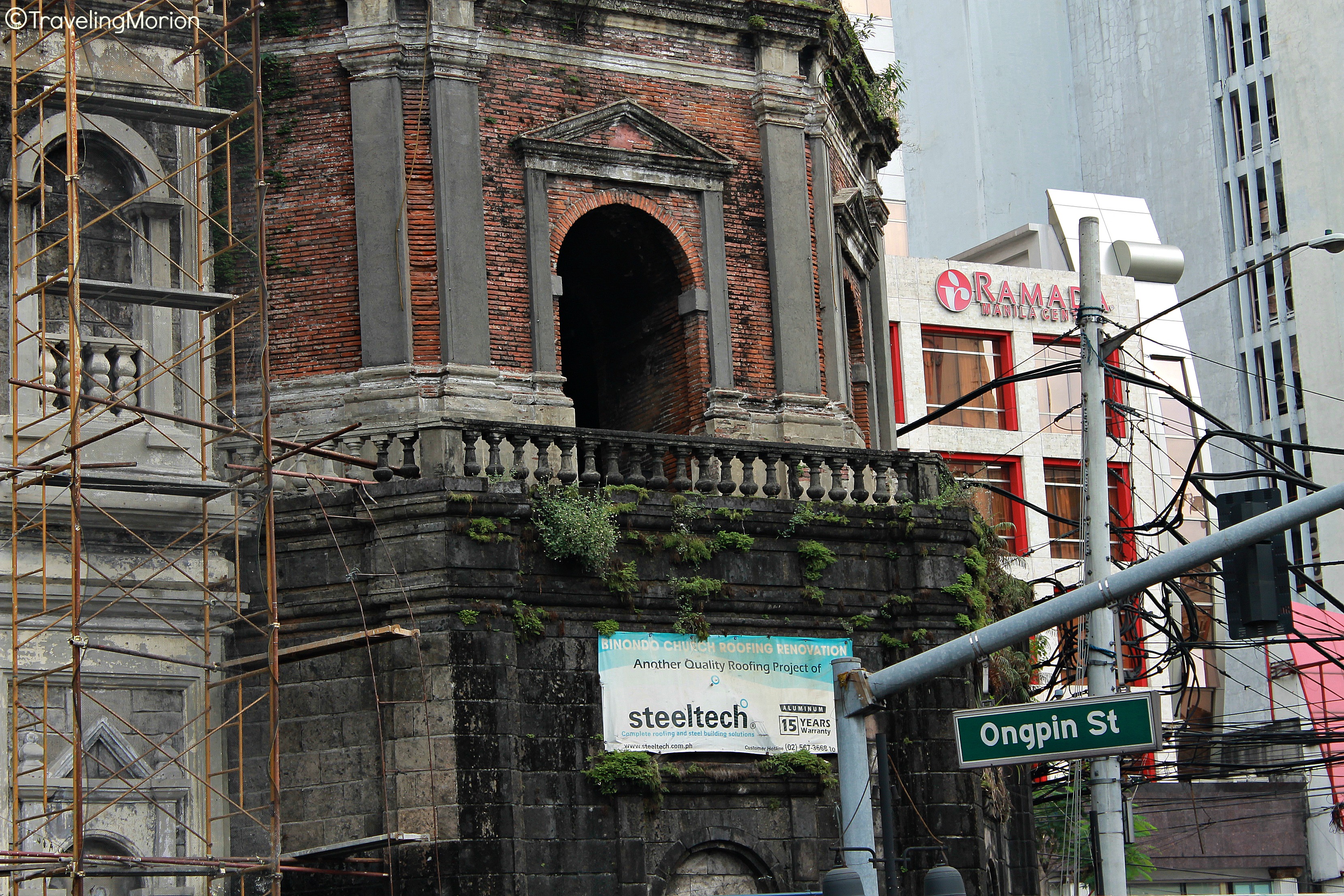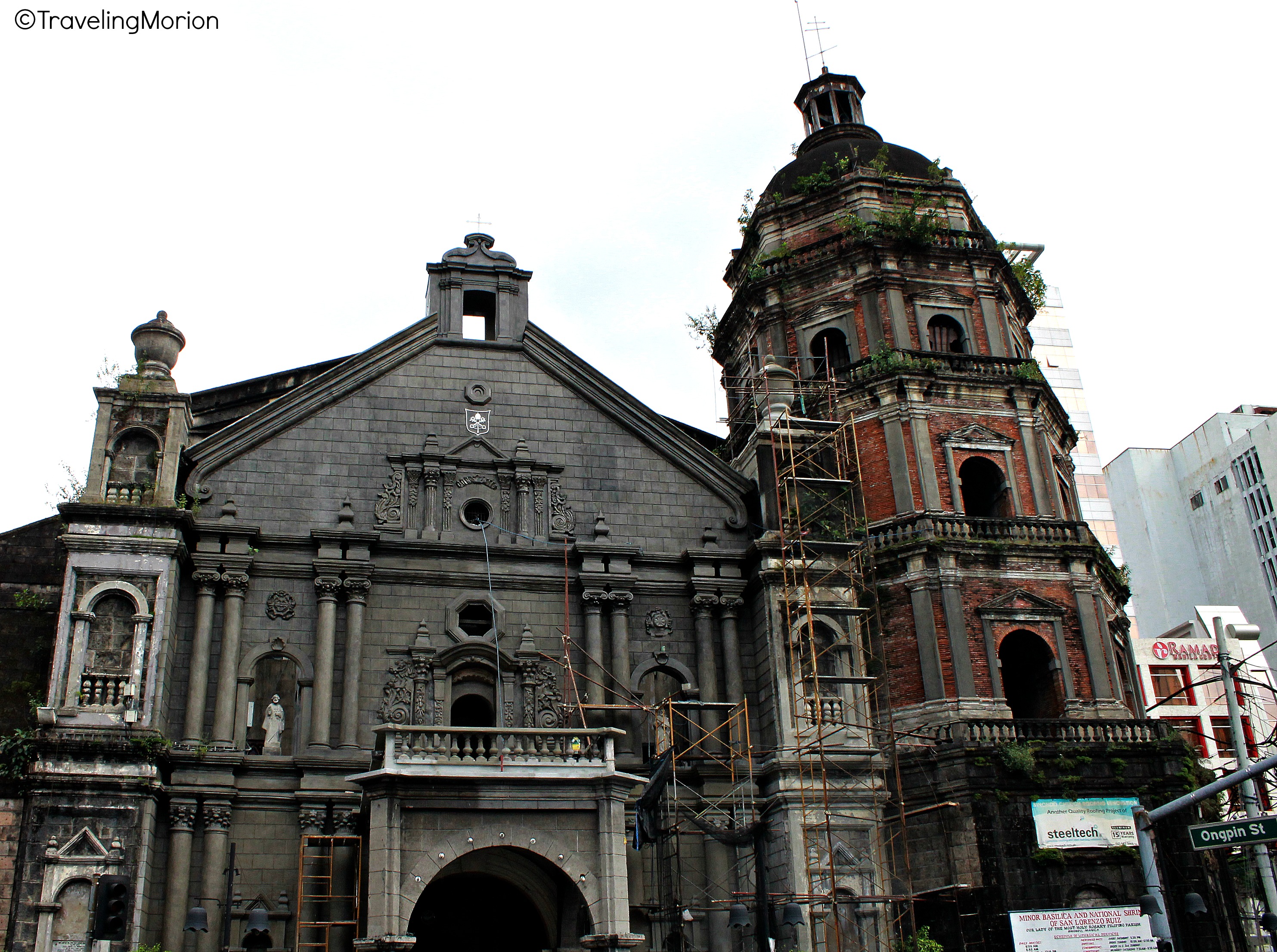Formally called the Minor Basilica of St.
Lorenzo Ruiz or the Our Lady of the Most Holy Rosary Parish, the Binondo Church
is set in the District of Binondo in Manila.
This Roman Catholic Church holds great
significance in the religious history of the country because it had been the
training ground of San Lorenzo Ruiz, no less than the first Filipino saint who
was canonized in 1987. San Lorenzo Ruiz trained in Binondo Church before
setting out to Japan to become a missionary. There, he was forced to renounce
his religion so his life could be spared but he refused to do so, costing him
his life.
Today, a statue of San Lorenzo Ruiz can
be found in front of Binondo Church as tribute to the martyr who sacrificed his
life because of the religion he wouldn't renounce.
The District of Binondo is home to many
Chinese families. In fact, San Lorenzo Ruiz was part Chinese since his dad was
one but his mom is a Filipina. When the Spanish arrived in the country and
brought the Catholic religion, a number of these Chinese and Filipino families
converted to the Christian faith.
To accommodate the growing number of
Filipino and Chinese converts, the Binondo Church was founded by Dominican
priests in 1596 as a Minor Basilica. It was considered to be among the most
beautiful churches of the time, with a top that features a mirador or viewing window. The stunning bell tower is octagonal in
shape and stands 5 stories tall.
Destroyed
by Wars and Natural Disasters
With the country involved in several wars
since the Church was built, the structure sustained a lot of damage from
artillery. In fact, the original structure sustained heavy damages not just
during the wars but also due to natural disasters so that it had to be
demolished to the ground.
It was burned to the ground following
the British invasion. It was rebuilt soon after, with carpenters struggling to
return it to its grandeur. However, in 1863, an earthquake destroyed much of
the church’s roof and many of its walls.
The church was rebuilt to
the spot where it stands now; however, the current building is not the one
built to replace the old, damaged church. When the church was rebuilt, it had
sustained new damages from World War II. The damages were so bad that only the
octagonal bell tower and the western façade remained standing. Even the
archives of the parish were burned. Once again, the church had to be rebuilt
but parishioners had to attend mass in a roofless church until the top was
restored in the 1950s.
The ceilings are decked with many stunning paintings of saints and various religious scenes. Also, the altar is a loose replica of the altar of the Vatican’s St. Peter's Basilica. The church also underwent major renovations between 1946 and 1971.
Today, the church stands as a testament
of the resilience of the Filipino people. Despite the many wars and natural
disasters that the church and its people sustained, they struggled to rebuild
the church each time it crumbles to the ground.
_____________________________________________________________________________________________
Let's #explore7107islands
Follow TRAVELING MORION's Journeys and Travels
Follow me on Twitter| @travelingmorion
LIKE my Facebook Page| Traveling Morion





isa sa mga interesting church sa manila... medyo may kaunting disappointment lang ako sa pagkakagawa nila ng facade para kasing nawawala na sa orginal nitong ganda..
ReplyDeleteSayang Axl wala akong time pumasok sa loob ng church- dumaan lang kami dyan. Actually first time ko makita yan hehehe, Nayaya ako mag Divisoria (first time din)
DeleteOne of the spot in Manila na dinadayo ng mga nagpophotowalk. :)
ReplyDeleteI agree naman- perfect nga to sa PhotoWalk- As per advise by a friend mas maganda daw dyan mag photowalk pag early morning or gabi kc ala masyadong sasakyan :)
DeleteI always love coming back to this church every year during Visita Iglesia. It never fails to amaze me with its beauty. =)
ReplyDeletehttp://thisislovelee.blogspot.com/
Thanks for dropping here Lovelee :) with its history and significance, perfect nga din to for visita iglesia :)
DeleteIntricately designed interior reflects the Hispanic culture that has not only influenced the Filipinos but also our Chinese brothers and sisters who have come to settle in our motherland.
ReplyDeleteEvery walls, nooks and crannies are meticulously paid attention to. The ceilings are painted with images of the 14 Stations of the cross and the ascension of the Blessed Virgin into heaven, creating a colorful and aesthetically appealing eye-candy that will perfectly blend in on a grand celebration such as a wedding.
Though Binondo Church has been reconstructed many times due to natural calamities and only the Bell Tower is what remained of the original 16th century structure, it has retained the classic architecture that makes the place a wondrous sight for the most unforgettable occasion.